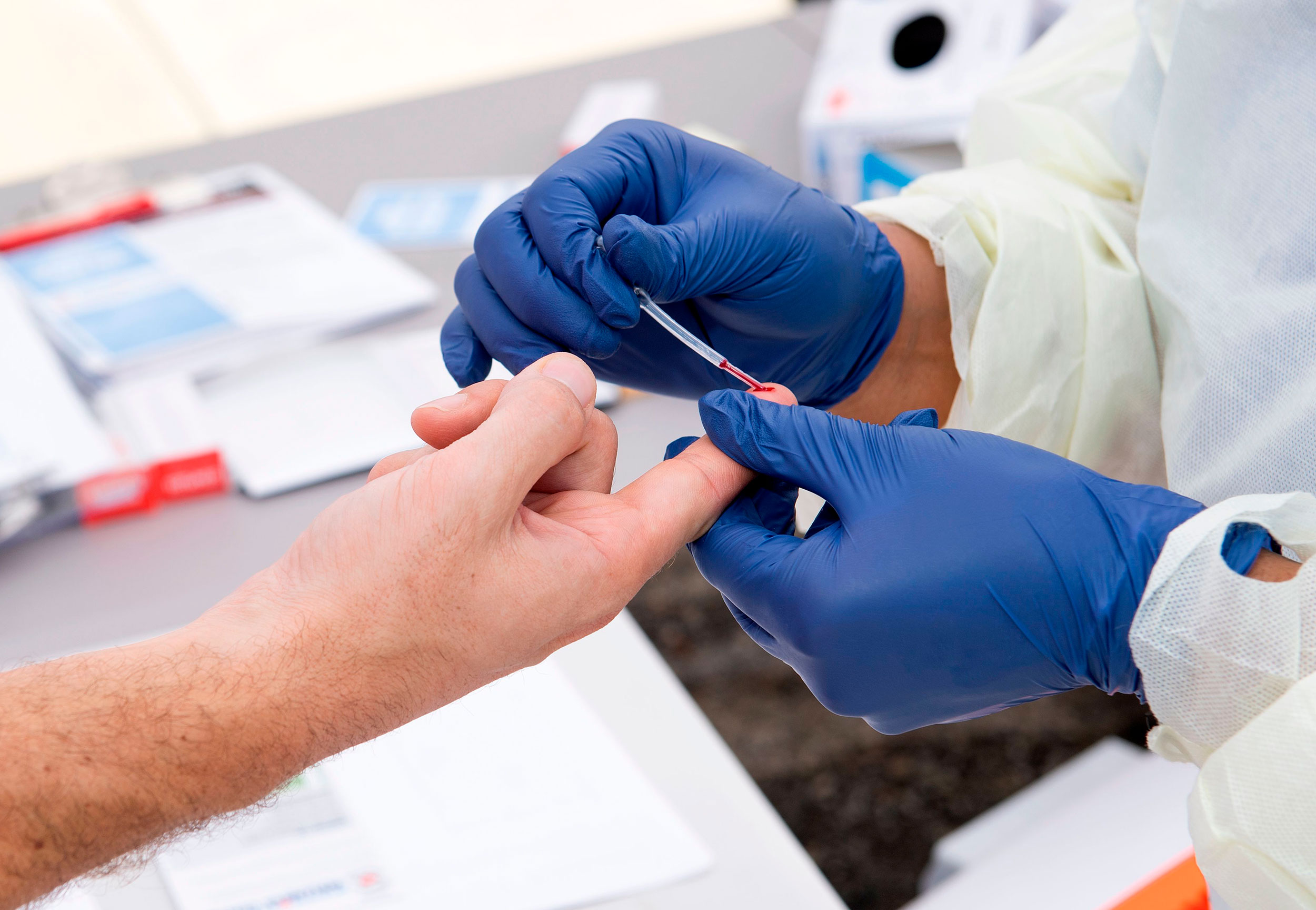

Covid-19 antibodies from a previous infection could significantly reduce the risk of re-infection, according to a study published Wednesday in the journal JAMA Internal Medicine.
“The results of the study are basically a tenfold reduction, but I would have warnings about that. In other words, it could be an overestimation of the reduction, it could be an underestimation of the reduction,” Dr. Douglas said. Lowy, senior deputy director of the National Cancer Institute, who was the author of the study.
“For me, the big message is that there is a reduction,” he said. “The main takeaway is that being positive antibody after a natural infection is associated with partial protection against a new infection.”
How they did the study: The researchers examined data from more than 3.2 million people in the United States who underwent an antibody test last year between January and August.
Among those tested, 11.6% tested positive for Covid-19 antibodies and 88.3% tested negative.
- 0.3% of people with antibodies tested positive for Covid-19 infection later, beyond 90 days.
- 3% of those who did not have antibodies tested positive for reinfection during the same period of time.
But more research is needed to determine a causal relationship, how long antibody protection can last, and the risk of reinfection from a variant.